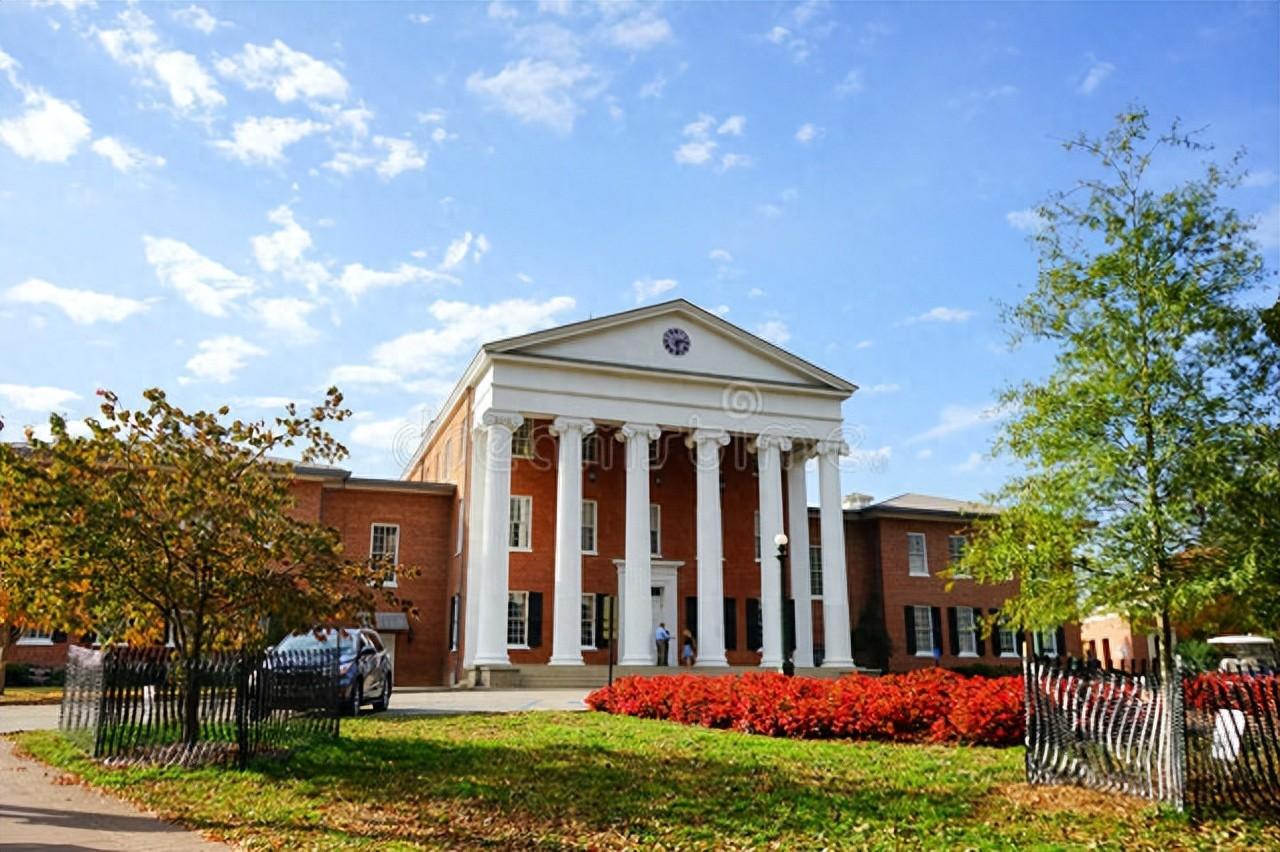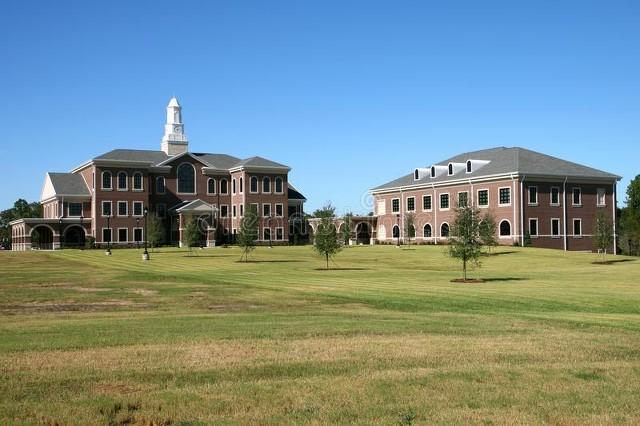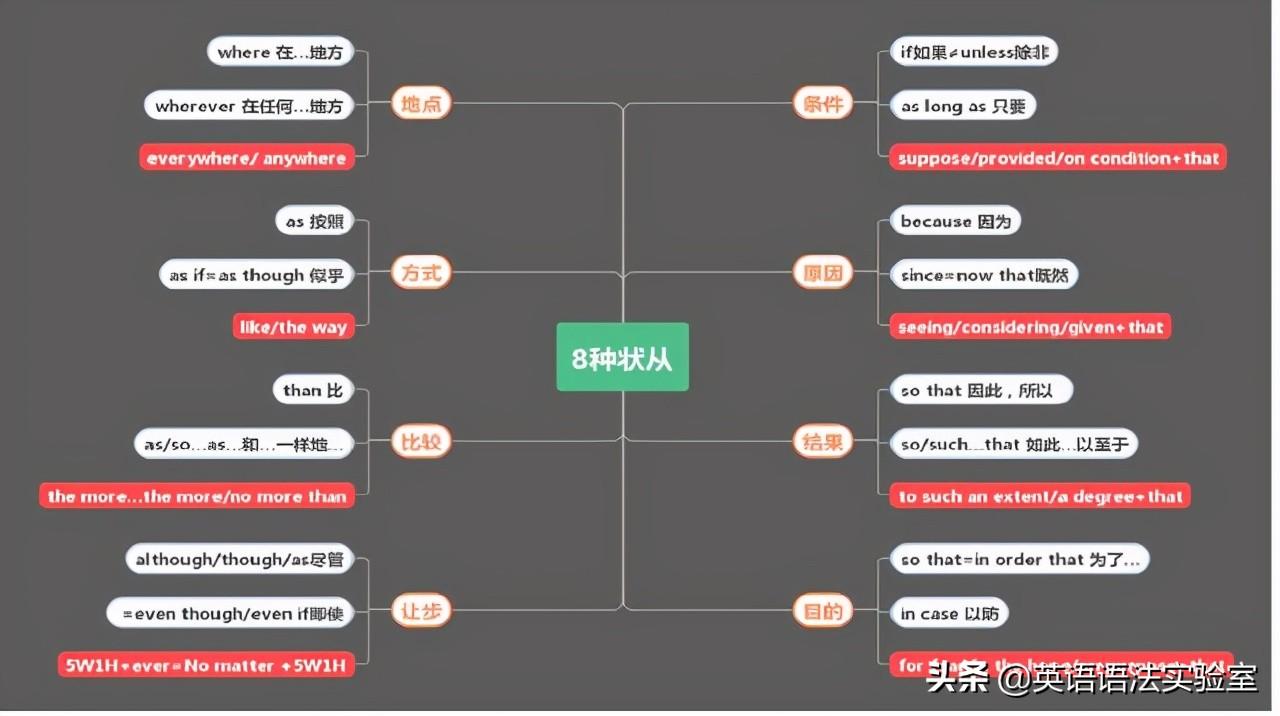
THE STRUGGLE over America's elite universities-who controls them and how they are run-continues to rage, with lasting consequences for them and the country. Harvard faces a congressional investigation into antisemitism; Columbia has just been hit with a lawsuit alleging “endemic” hostility towards Jews. Top colleges are under mounting pressure to reintroduce rigorous test-based admissions policies, after years of backsliding on meritocracy. And it is likely that the cosy tax breaks these gilded institutions enjoy will soon attract greater scrutiny. Behind all this lies a big question. Can American universities, flabby with cash and blighted by groupthink, keep their competitive edge?
美国精英大学的争夺战——谁掌控它们,它们如何运作——仍在继续,对它们和国家都将产生持久影响。哈佛大学面临国会对反犹主义的调查;哥伦比亚大学刚刚被控诉存在“流行”的对犹太人的敌意。顶尖大学面临着重新引入严格的基于测试的入学政策的压力,多年来一直在放松对精英制度的坚持。而且,这些金光闪闪的机构享受的舒适税收优惠很可能很快就会受到更大的审查。所有这些背后都隐藏着一个重要问题。美国大学,因为资金充裕且受到群体思维的困扰,是否能保持其竞争优势?
The origins of the turmoil lie in extreme campus reactions to Hamas's attack on Israel on October 7th. They led to a blockbuster congressional hearing in December. In it politicians accused three college presidents of failing to curtail antisemitism. The University of Pennsy lvania's then president, Elizabeth Magill, stepped down just days later. Claudine Gay, formerly Harvard's president, resigned from her job in January amid twin furores over antisemitism on campus and plagiarism in her scholarship (which she contested).
这场动荡的起源在于校园对以色列10月7日袭击事件的极端反应。这导致了12月份的一场轰动性国会听证会。在听证会上,政界人士指责三位大学校长未能遏制反犹主义。当时的宾夕法尼亚大学校长伊丽莎白·麦吉尔随后辞职。前哈佛大学校长克劳丁·盖在1月份因校园反犹主义和她学术研究中的抄袭(她对此提出异议)的双重争议而辞职。

Plenty of faculty-both at Harvard and at other elite universities-insist that hard-right Republicans and other rabble rousers are fabricating controversies. Stirring up animosity towards pointy-headed elites can win them political advantage. But thoughtful insiders acknowledge that, for some years, elite universities, particularly those within the Ivy League, have grown detached from ordinary Americans, not to mention unmoored from their own academic and meritocratic values. In theory, these difficulties could promote efforts to correct flaws that are holding back elite education in America. But they could also entrench them. “America's great universities are losing the public's trust,” warns Robert George, a legal scholar and philosopher at Princeton.”And it is not the public's fault.”
许多教职员工——无论是在哈佛还是其他精英大学——坚称,右翼共和党人和其他鼓动者正在捏造争议。对尖头精英的敌意可以为他们赢得政治优势。但深思熟虑的内部人士承认,多年来,精英大学,尤其是常春藤联盟中的一些大学,已经与普通美国人疏远,更不用说脱离了自己的学术和精英制度价值观了。理论上,这些困难可能会促使努力纠正阻碍美国精英教育的缺陷。但它们也可能使其更加巩固。普林斯顿大学法学家和哲学家罗伯特·乔治警告道:“美国的顶尖大学正在失去公众的信任,”这并不是公众的错。

To understand the mess that the Ivies and other elite colleges find themselves in, first consider how they broke away from the rest in recent decades。 Despite the fact that America's elite universities have centuries of prestigious history, much of their modern wealth flows from a bull run that began in the more recent past。 Back in the 1960s, only a modest gap divided the resources that America's most and least selective colleges could throw around, according to research by Caroline Hoxby, an economist at Stanford。
By the late 2000s, that had widened to an abyss。 This happened in part because of changes that enabled elite universities to enrol ever cleverer students。 The collapsing cost of air fares and phone calls made sharp school-leavers gradually more eager to apply to ritzy colleges far from their homes。 Smart youngsters from around the world joined them。 At about the same time, the expansion of standardised testing made it easier for colleges to identify the very brightest sparks from far and wide。
要理解常春藤盟校和其他精英大学陷入困境的原因,首先考虑它们在近几十年来如何脱颖而出。尽管美国的精英大学拥有数个世纪的光荣历史,但它们现代的财富很大程度上来自于近期的繁荣。根据斯坦福大学经济学家卡罗琳·霍克斯比的研究,回到20世纪60年代,美国最具选择性的大学和最不具选择性的大学之间只有一小部分资源差距。到了2000年代末,这个差距已经扩大到了一个深渊。部分原因是使精英大学能够招收越来越聪明的学生的变化。航空票价和电话费用的下降使得急切的毕业生逐渐更愿意申请远离家乡的豪华大学。来自世界各地的聪明年轻人加入了他们。与此同时,标准化测试的扩张使得大学更容易从世界各地识别出最聪明的学生。
These smarter, more ambitious entrants were more likely to value top-notch faculty and facilities, and were more willing to pay for them, according to Professor Hoxby's analysis. And they went on to greater success, which meant the size of donations elite universities could squeeze from alumni began to increase. Newfangled ways of managing endowments also boosted America's super-elite colleges. For years top universities man aged their nest eggs cautiously, says Brendan Cantwell of Michigan State University. But in the 1980s the wealthiest ones began ploughing into riskier assets, including commodities and property, with consider able success. The richest universities were both more willing and more able to roll the dice; they could also reinvest a larger share of their returns.
根据霍克斯比教授的分析,这些更聪明、更有抱负的新生更有可能重视一流的教职员工和设施,并愿意为此付费。他们取得了更大的成功,这意味着精英大学可以从校友那里勒索的捐款规模开始增加。管理捐赠的新方法也提升了美国超级精英大学的地位。密歇根州立大学的布兰登·坎特韦尔表示,多年来,顶尖大学谨慎管理他们的基金,但在20世纪80年代,最富有的大学开始投资风险更大的资产,包括商品和房地产,取得了相当大的成功。最富有的大学更愿意也更能够冒险;他们也可以重新投资更大比例的回报。

限 时 特 惠: 本站每日持续更新海量各大内部创业教程,一年会员只需98元,全站资源免费下载 点击查看详情
站 长 微 信: lzxmw777






